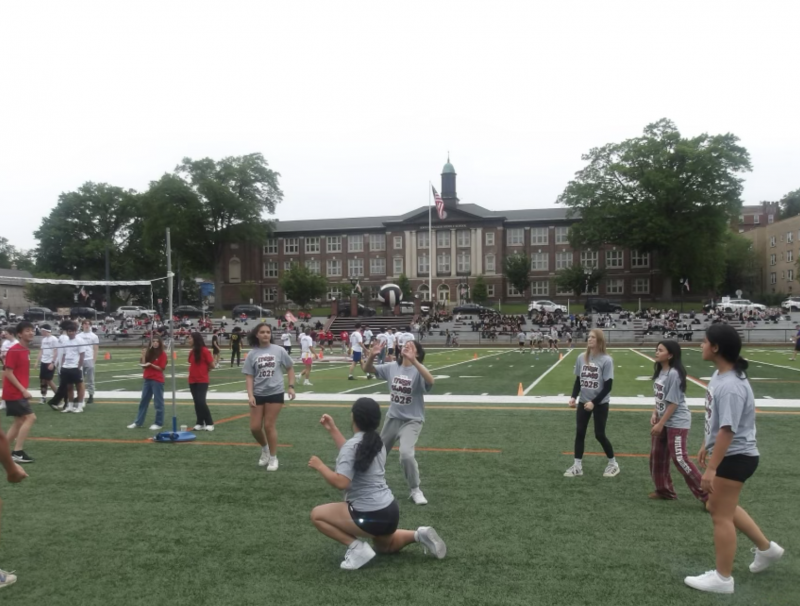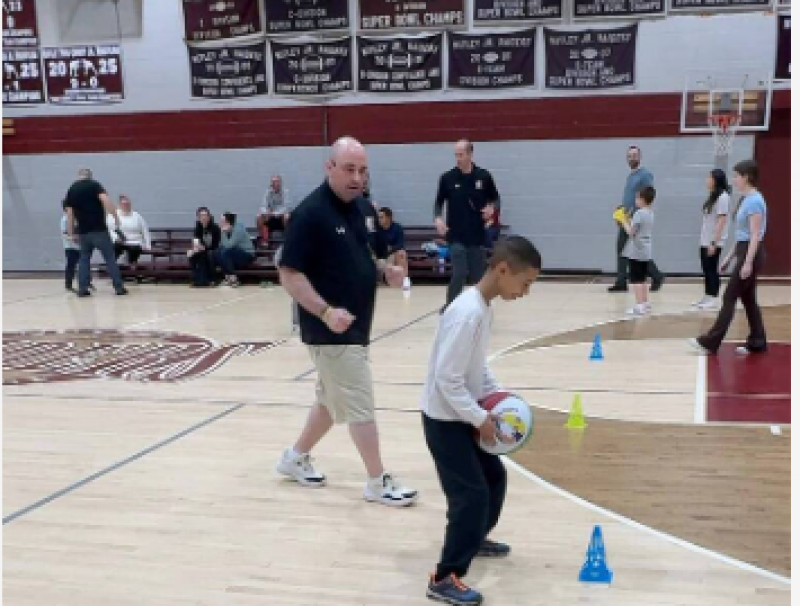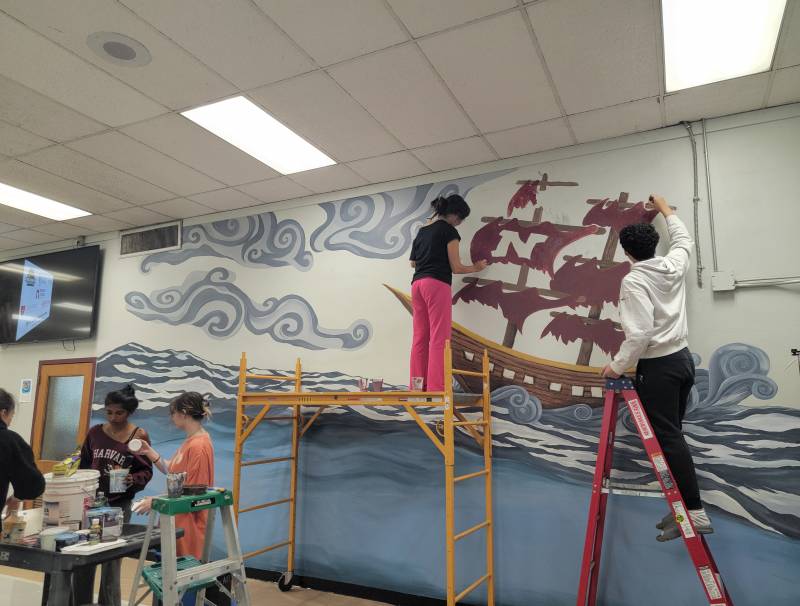How to Combat Senioritis
Whether from a friend or a teacher, we've all heard the term senioritis, which is usually mentioned as a joke. In reality, a study by Omniscient showed that 78 percent of students experienced senioritis. So, what is it? More importantly, how does a student combat it?
Schoolwork, extracurriculars, studying, chores, jobs, socializing, and life can all take a toll on seniors. All these things can slowly but surely lead to burnout. By senior year, burnout reaches its peak; but, senioritis isn't burnout; it's a product of it.
Senioritis, defined by a decline in motivation or performance in their final year of high school, is just students trying to have fun during their last few months as kids. After all the work they put in, they want to slow down, and since the students are already at the finish line, why shouldn't they? What they plan to do after high school changes the answer. If they are going into the military or to get a job, then sometimes seniors can afford to ease off the gas. But, if they are going to college, stopping senioritis is paramount. So how can it be stopped?
Students should:
- Select classes for senior year that they enjoy or provide skills they will need in the future. Doing this will prevent boredom and create something to look forward to in each class.
- Have a goal. Working towards something can give that extra push to stop procrastinating and finish what they need to do.
- Set short-term benefits for reaching a goal, like a free day or going to a party. Rewards help blow off steam and give them something to look forward to after hard work.
- Have variety. Spicing things up by doing things differently, whether studying with friends or doing their work outside instead of in.
Senioritis is a by-product of burnout, so students should always lighten the workload and study what they enjoy. If they do, they will end up defeating senioritis.










